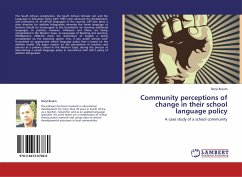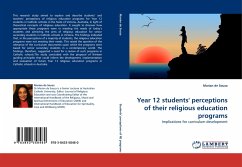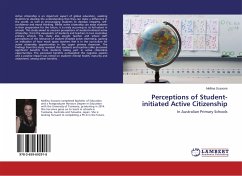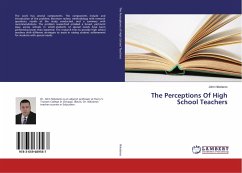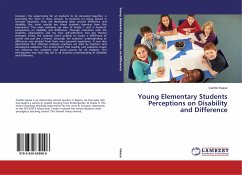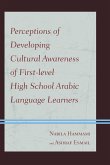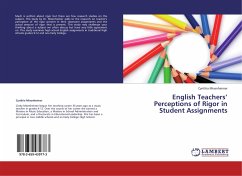The South African constitution, the South African Schools Act and the Language in Education Policy (LiEP, 1997) each advocate the development and promotion of all official languages in the country. LiEP also gives a clear directive for additive bilingualism whereby the home language of learners should be encouraged as the foundation for learning additional languages. In practice, however, Afrikaans and Xhosa are being marginalised in the Western Cape, as Languages of Teaching and Learning (Plüddemann 2004:34) while the dominance of English is being consolidated via the schooling system. Few, if any, public schools have formulated an appropriate school language policy that is based on the additive model. My paper reports on the perceptions of teachers and parents at a primary school in the Western Cape, during the process of determining a school language policy in accordance with LiEP s policy of additive bilingualism.
Bitte wählen Sie Ihr Anliegen aus.
Rechnungen
Retourenschein anfordern
Bestellstatus
Storno

